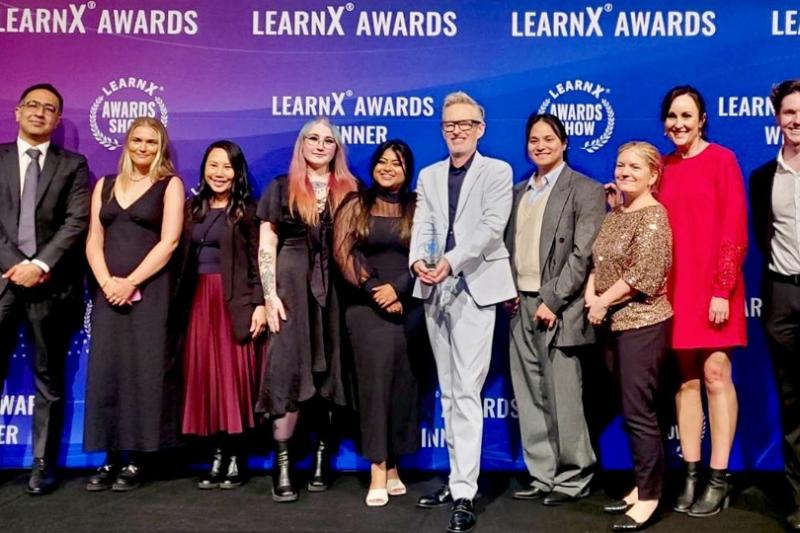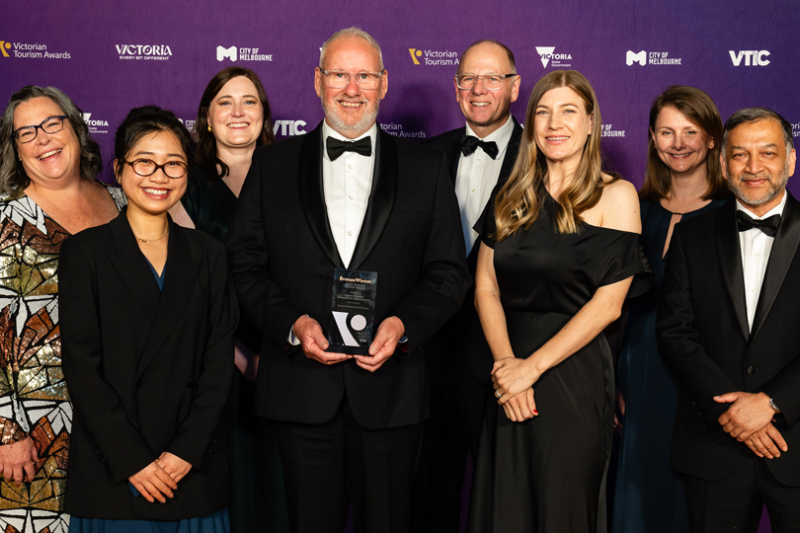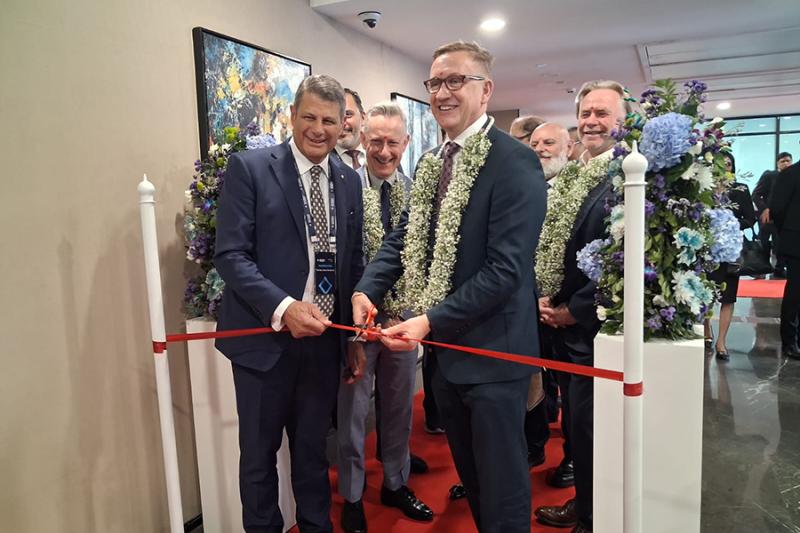Decreasing falls in elderly just a step away
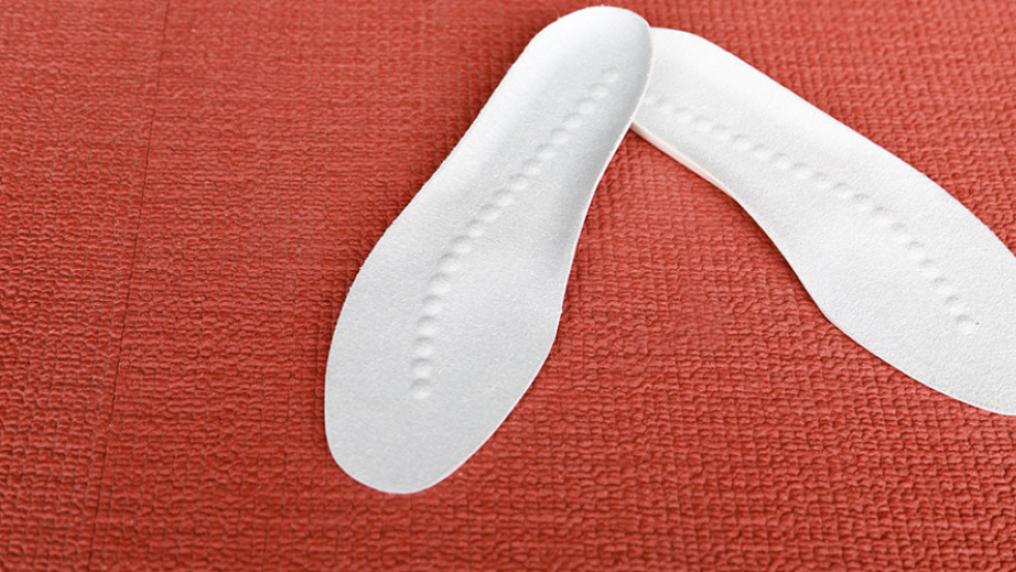
Trips and falls that are so common and costly among the elderly could be reduced with special shoe insoles invented at Victoria University.
Researcher Dr Hanatsu Nagano developed the insoles over eight years as part of his biomechanics PhD after both his grandmother and grandfather fell and hurt themselves in his native Japan.
Worldwide, one-in-three elderly people suffer from trips or falls annually. The problem is particularly serious in Japan where 25 per cent of the population, or 35 million people, are aged over 65.
“I wanted to make a social contribution to this very big problem by offering a product that is affordable, and can be easily made and used,” he said.
Dr Nagano estimates that Japan could save 36.5 billion Yen (or close to AUD$500 million) in direct medical costs for every one per cent decrease in incidents of trips and falls in the country.
Human trials are now underway in Japan among the elderly, as well as with hospital patients who have similarly high risks of falling due to conditions such as dementia, osteoarthritis, or knee surgery.
The insoles are designed with a series of raised bumps that follow a foot’s ideal centre of pressure to help with side-to-side balance, a shock-absorbing contoured heel, and a forefront that increases minimum toe clearance – the reason for many trips and falls.
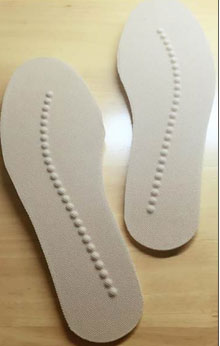 Biomechanically-designed insoles
Biomechanically-designed insoles
They will sell for roughly $60 a pair or about $170 as part of an integrated shoe made partly from traditional Japanese textiles. Users can modify the insoles for different shoe sizes.
Dr Nagano expects manufacturing to start in volume in Japan by September, and for the insoles to be available in Australia next year.
While only about 13.5 per cent of Australia’s population is currently aged over 65, by 2050, it will have the same ratio of elderly people as Japan.
Dr Nagano said the insoles are aimed primarily at the elderly for now, but further developments of the technology are expected to lead to other uses, including for participants in organised sports and exercise.
Victoria University has filed an international patent on the product, while Dr Nagano’s company, Global Bridge, works with insole manufacturer Sanshin, and Japanese fashion and apparel manufacturer and retailer, Caitac Family, to bring the insoles to the masses.
Dr Hanatsu Nagano is a postdoctoral research fellow at VU’s Institute for Sport, Exercise and Active Living (ISEAL). His research was supervised by Professor Rezaul Begg, a professor of biomechanics in VU’s College of Sport and Exercise, and leader of VU’s assistive technologies research.
